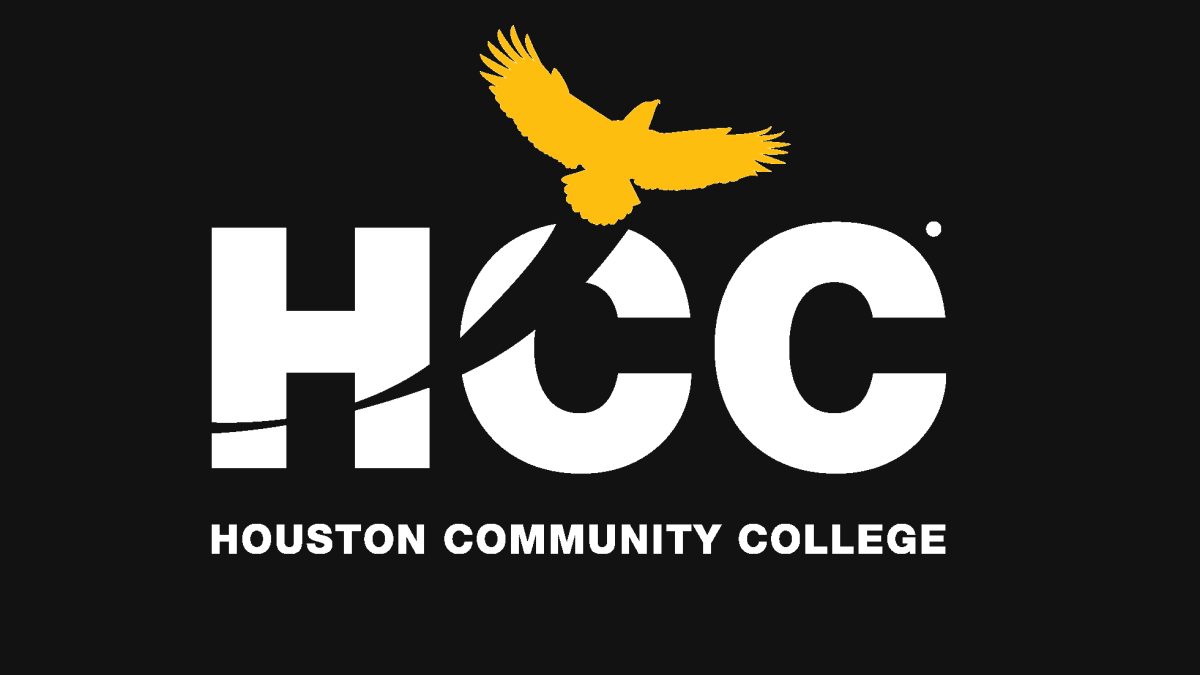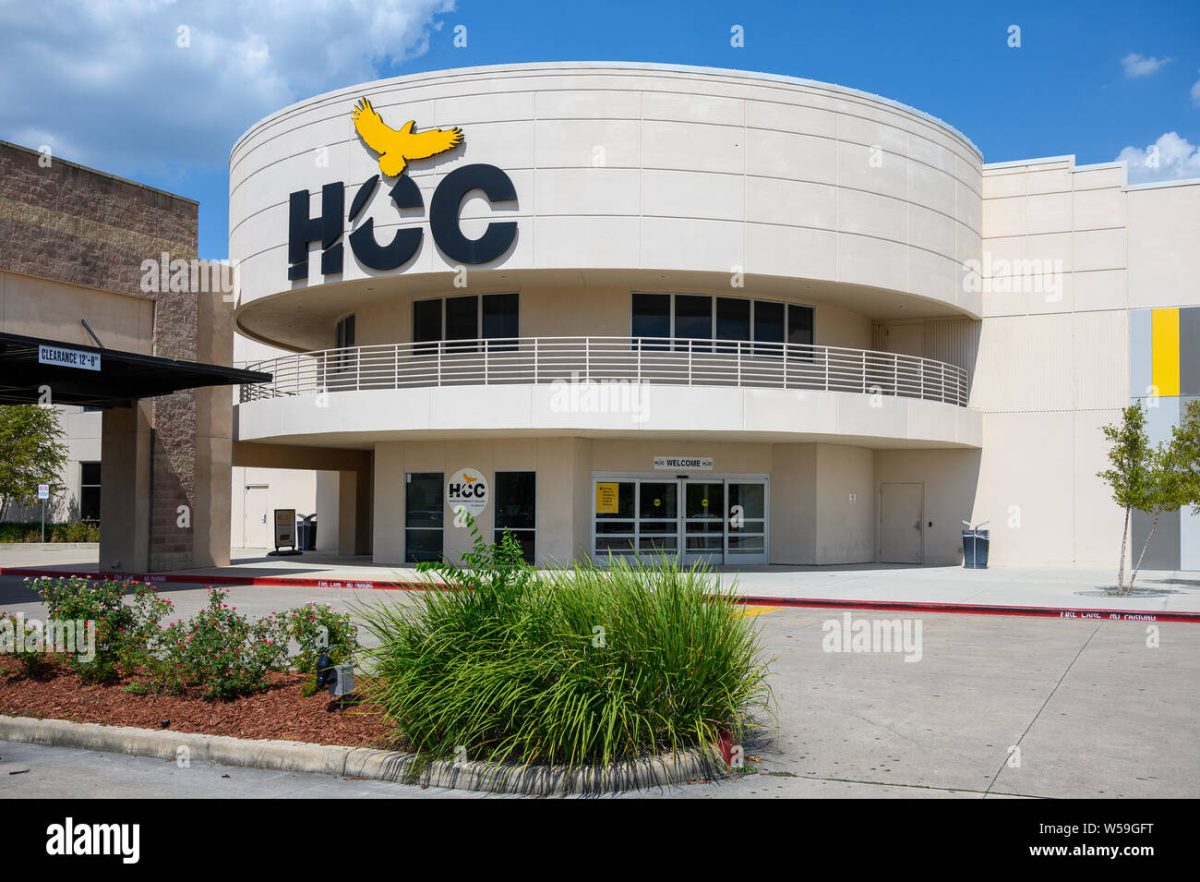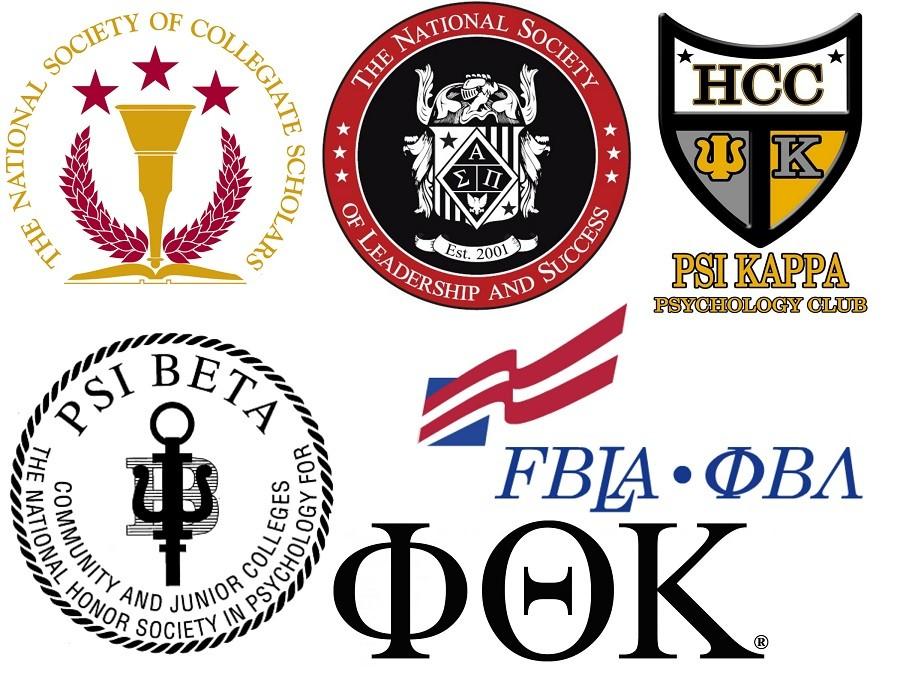What’s with the Greek name?
The alphabet soup of student groups
January 30, 2016
Phi Theta Kappa. Psi Beta. Sigma Alpha Pi. Psi Kappa. Phi Beta Lambda. The National Society of Leadership and Success. The National Society of Collegiate Scholars.
Use the words ‘Phi’, ‘Psi’, ‘Pi’ or ‘The National Society of’ and you have yourself a student group.
If you are asked to join any of these organizations this semester, you may be wondering what are the differences between them.
HCC does not have the party-hosting Fraternities and Sororities of Greek-life, but there are three honor societies: Phi Theta Kappa, The National Society of Collegiate Scholars and Sigma Alpha Pi (The National Society of Leadership and Success).
These honor societies are invitation-only organizations that recognize academic and leadership achievement. Invitations to join HCC’s three are mostly based on grades. Qualifying HCC students of all majors will receive invitations to join these groups in the mail and via email in the coming weeks.
Every semester, the college administration turns over the names and contact info of students whose grades and credit hours meet the individual society’s criteria. Often the invitation to join is the first time students hear about these groups.
These societies boast that the benefits of joining include recognition in the form of an induction ceremony and the privilege of wearing the society’s regalia at graduation; networking with other high-performing students; leadership opportunities and other activities to put on transfer applications and résumés; and scholarships exclusively for their members. All three conduct community service initiatives. Each group has a one-time membership fee of $85-95 to join. The flashy colored cord, medallion, stole and tassel for graduation are, of course, not included with the joining fee.
While each of these groups sound similar, there are some notable differences.
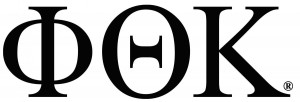
Phi Theta Kappa or PTK
After a student joins, the words “Phi Theta Kappa” are printed on their HCC transcript. When applying to transfer, university applications on ApplyTexas.org ask students to check the box if they are a member of Phi Theta Kappa. Currently, student membership within any other organization is not printed on HCC transcripts, and transfer applications don’t ask specifically about any other memberships.
Beside the society’s own scholarships, many universities have their own transfer grants for Phi Theta Kappa students, which is why universities ask about transfer students’ membership. Founded in 1918, it’s by far the oldest honor society presence at two-year colleges and the most recognizable.
A 3.5 GPA or above and at least 12 hours of college-level credit are what it takes to earn an invitation.
Their self-reported, member scholarship offerings are $90 million nation-wide, with $37 million of that money being transfer scholarships. With about 12 hundred chapters, the society has inducted over 3 million members since its founding.
Need more Greek letters? HCC’s chapter of Phi Theta Kappa is called Omega Sigma. It’s a district-wide organization that hosts events at campuses across town, but most of their meetings are at the West Loop campus.
It’s easy to get Phi Theta Kappa confused with Phi Theta Phi, a similar all-disciplinary honor society for Juniors and Seniors at most four-year universities. To join Phi Theta Phi, Juniors and Seniors must be in the top 7.5 and 10 percent of their class respectively.
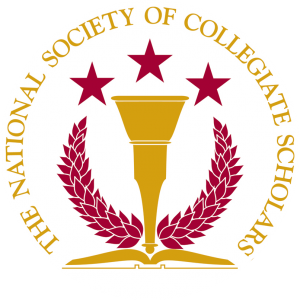
The National Society of Collegiate Scholars or NSCS
Chapters can be found at both community colleges and universities, there are chapters at all the big name universities in Texas, so students are already members of a group when they step foot on their new campus after transferring.
Freshmen and sophomores with a 3.4 GPA or above are invited. Their self-reported, exclusive scholarship offerings are $1 million. They have 330 chapters and just over a million members. At HCC’s chapter of the collegiate society, most of their events are hosted at Spring Branch.
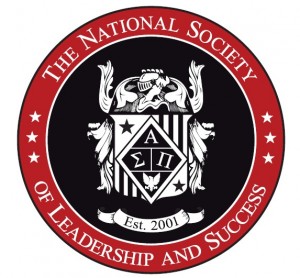
Sigma Alpha Pi, The National Society of Leadership and Success or NSLS
With the other two honor societies, good grades plus the induction fee gives you a ticket to the membership induction ceremony. Not so with Sigma Alpha Pi.
Members are required to attend an orientation, a leadership training day, three streamed speaker broadcasts and three meetings with networking teams before they can be inducted. At some HCC chapters, up to 10 hours of community service—often with the group—is required before students are inducted as members.
This society focuses on leadership development rather than on grades alone. Invitation criteria is set by individual chapters instead of at the national level, and the GPA requirement is often much lower (2.0 GPA at some chapters) than the other two societies at HCC.
Their self-reported, member-only scholarship offerings are $200 thousand nationwide. There are over 500 thousand members at nearly 500 chapters.
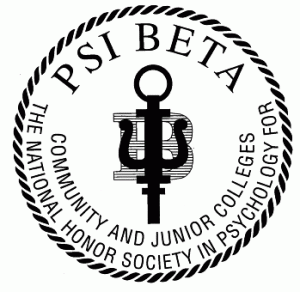
Psi Beta Honor Society
This is a national psychology honor society at two-year colleges. The group offers leadership and community service opportunities. There is a one-time membership fee of $50. Listed on their national website are a few scholarships for research projects which total to about $5 thousand.
Members are eligible for student affiliate membership in the American Psychological Association
(APA) and the Association for Psychological Science (APS). Psi Beta members can also be “introduced” upon transfer to a Psi Chi chapter at a four-year college or university. Psi Chi is the international honor society for psychology majors at most four-year institutions in Texas and beyond.
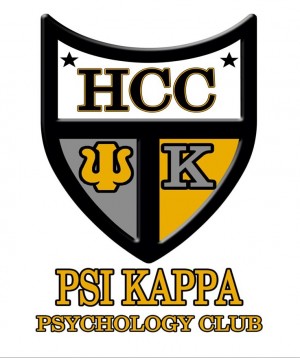
Psi Kappa or The Psychology Club at Houston Community College
Based out of HCC’s Stafford campus, this club promotes psychology education outside of the
classroom. The group conducts informative meetings and service projects, and there are leadership
opportunities as club officers.
This is an independent HCC student club, not an honor society. Don’t confuse Psi Kappa with Psi Beta, or Phi Theta Kappa for that matter.
Students can become a member of HCC’s Psi Kappa by attending meetings and signing up.
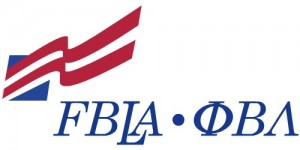
Phi Beta Lambda or PBL (High school level is called Future Business Leaders of America or FBLA)
This is an organization specifically for business majors. They focus on leadership development, academic competitions and other portfolio-building exercises, and offer a few scholarships.
Don’t let the Greek name confuse you. It is not an invitation-only honor society. HCC has a chapter of this major-specific, national student club and they are based at the West Loop campus. Nationwide, there are over 250 thousand members of Phi Beta Lambda.







